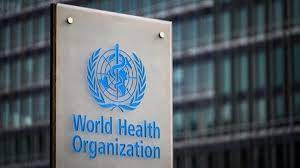Global Centre For Traditional Medicine: Gujarat

The groundbreaking ceremony was performed for the first-of-its-kind World Health Organization (WHO) Global Centre for Traditional Medicine (GCTM) in Jamnagar, Gujarat.
- Additionally, the Global Ayush Investment and Innovation Summit will be held later this month in Gandhinagar which is aimed at increasing investments and showcase innovations in the field of traditional medicine.
- It is a unique attempt to foster long-lasting partnerships, boost exports and nurture a sustainable ecosystem.
- According to the WHO, traditional medicine is the total sum of the “knowledge, skills and practises indigenous and different cultures have used over time to maintain health and prevent, diagnose and treat physical and mental illness”.
- Its reach encompasses ancient practices such as acupuncture, ayurvedic medicine and herbal mixtures as well as modern medicines.
Traditional Medicine in India:
- In India, it is often defined as including practices and therapies — such as yoga, Ayurveda, Siddha.
- These therapies and practices have been part of Indian tradition historically as well as others — such as homoeopathy — that became part of Indian tradition over the years.
- Ayurveda and yoga are practised widely across the country.
- The Siddha system is followed predominantly in Tamil Nadu and Kerala
- The Sowa-Rigpa system is practised mainly in Leh-Ladakh and Himalayan regions such as Sikkim, Arunachal Pradesh, Darjeeling, Lahaul & Spiti.




